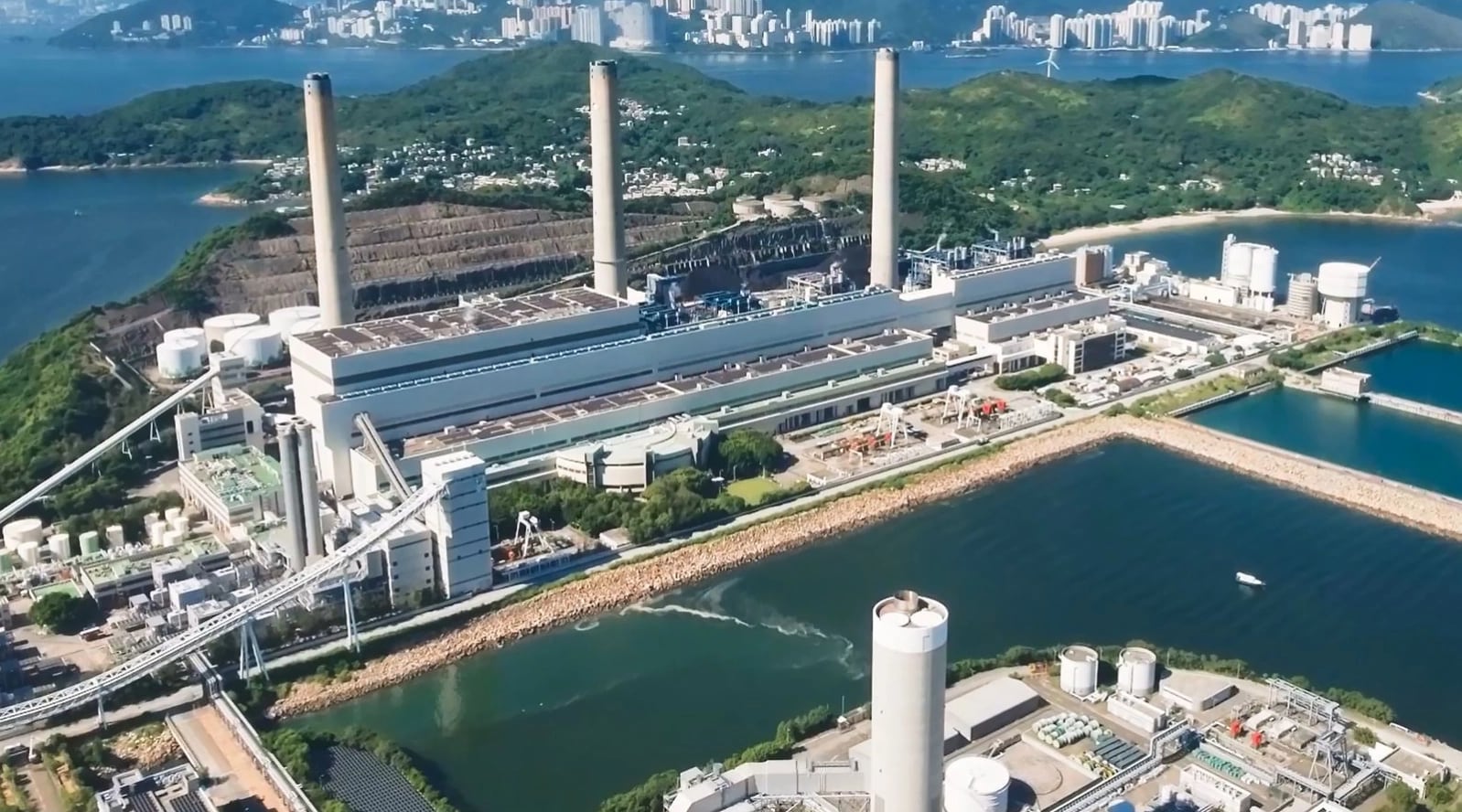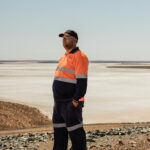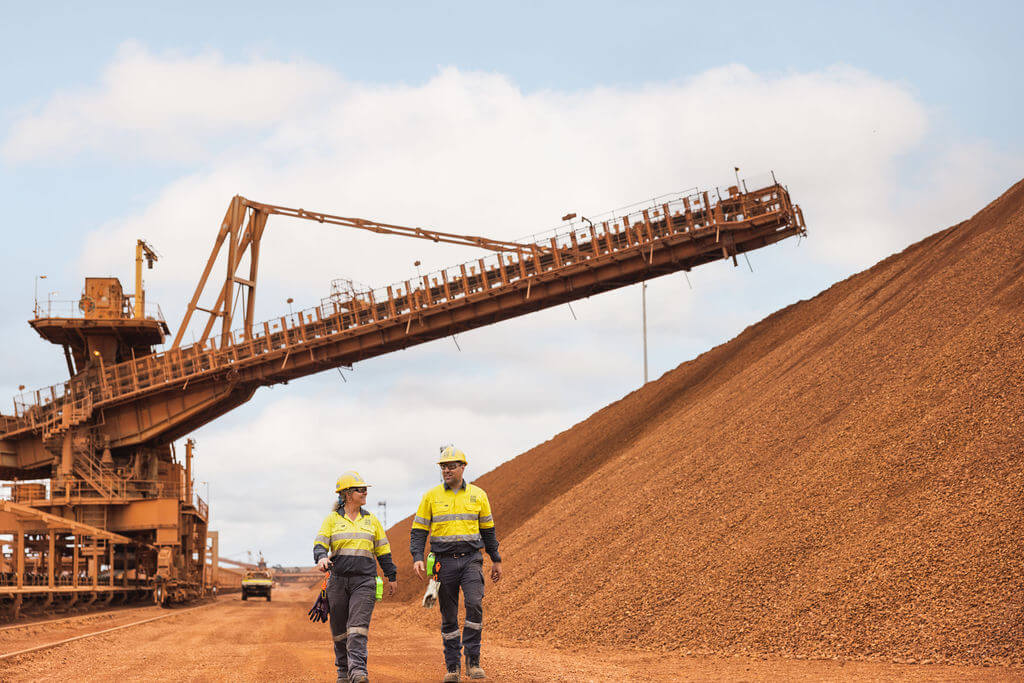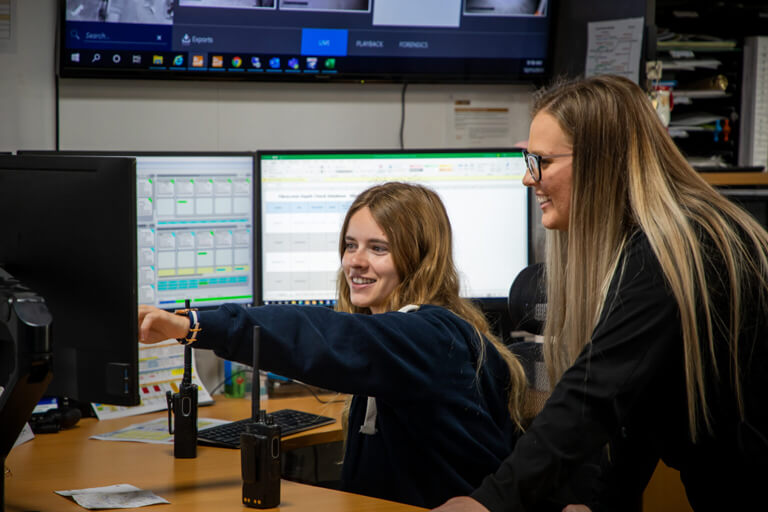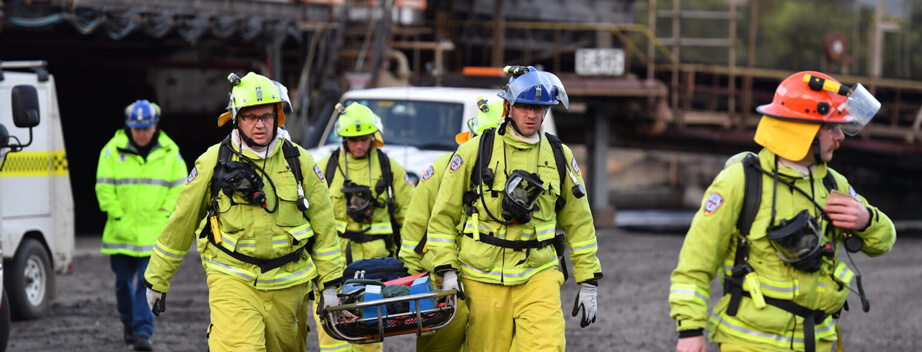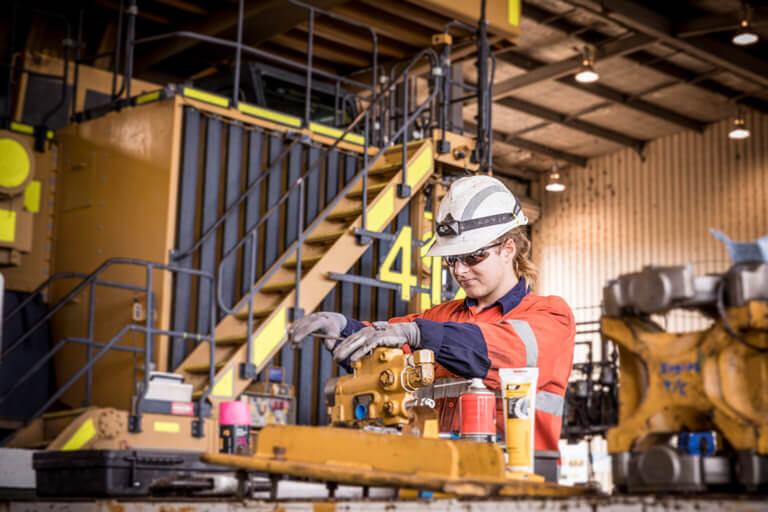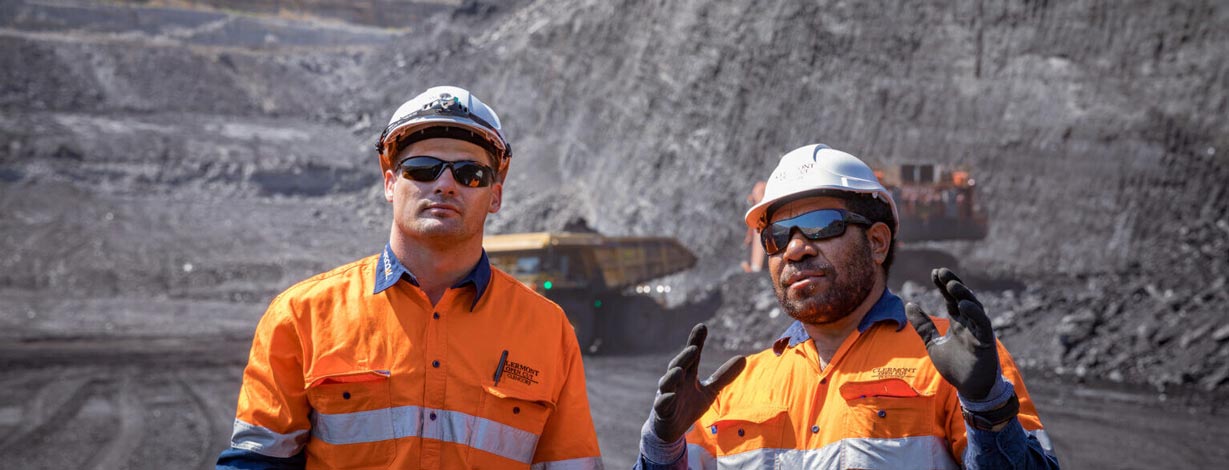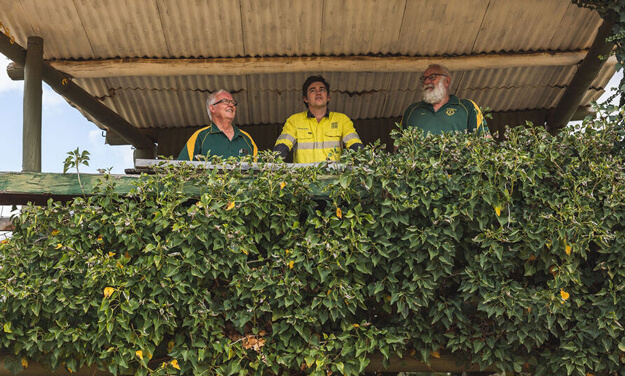Trade and Investment
Trade, investment and economic co-operation maximise opportunities for Australia’s minerals industry to boost national income, generate government revenue and create high value jobs.
Overview
Mining is by far Australia’s largest export industry. Over the past decade, the industry contributed $2.4 trillion in resources export revenue. While the vast majority of minerals extracted in Australia are exported, the benefits are retained in Australia. The industry has paid $252 billion in mining wages, $143 billion in company taxes, $112 billion in royalties, and generated 21 per cent of the economy’s growth. Additionally, the mining and minerals processing industry relies on and supports a wide range of other industries and service providers in Australia.
The investment in and development of Australia’s world leading mining industry has allowed Australia to translate its natural resources into better living standards for its people.
Investing in the future
The world will need a huge amount of minerals and metals to achieve the goal of global net-zero emissions by 2050. This will require a massive uplift in investment in exploration and mining projects along with improvements in productivity from the adoption of new technologies and a more innovative workforce.
By 2030, to meet demand for electricity storage alone the world will require 50 new lithium mines, 60 new nickel mines and 17 new cobalt mines. Global mining investment is expected to increase by US$100 billion annually from current levels to produce the mineral commodities required for the world to achieve net-zero emissions by 2050. The economic opportunity this presents for Australia is significant, but not guaranteed.
Unless the industry has favourable investment conditions the opportunity will be missed given the considerable time it takes from discovery to production for new mines – up to 18 years for a nickel mine and 15 years for a copper mine. Australia has over 100 prospective mining and processing projects totaling about $50 billion of investment and potentially providing around 30,000 construction jobs and 20,000 operating jobs.
Converting these prospective projects into actual mines and minerals processing and manufacturing capacity relies on Australia’s ability to attract the necessary capital investment flows. The critical determinant is government policy settings and policy stability.
The discovery of large deposits of global significance is a prerequisite and Australia, which is largely underexplored, needs more minerals exploration. As a priority, the Australian Government must adequately and permanently fund Geoscience Australia to undertake the geoscientific research and maintain, develop, and enable access to the precompetitive geoscience data necessary to attract investment in exploration.
Australia needs more investment along the entire mining value chain to boost the economy’s performance.
Policy Priorities
Industry promotion
Encourage the government to promote Australian mining overseas as a responsible and reliable supplier of mineral products.
Competitive investment
Ensure Australia’s foreign investment and domestic policy and regulatory settings make Australia a competitive destination for investment. Continuing current production levels relies on sustaining capital investment of approximately $20 billion per annum. Capturing the opportunity presented by the transition to net zero requires Australia to attract an order of magnitude more.
Trade agreements
Work with all nations to promote multilateral trade arrangements, support economic integration, counter protectionism and maintain a global rules-based order through the World Trade Organisation.
Foreign direct investment drives CCUS in Australia.
One of Australia’s most advanced onshore carbon capture use and storage (CCUS) projects is the beneficiary of the innovation and knowledge sharing that comes through foreign direct investment. Glencore’s Carbon Transport and Storage Company project in the Surat Basin involves a collaboration with Intergen and the Huaneng Clean Energy Research Institute. They aim to capture CO2 from the Millmerran coal-fired power station and store it safely underground, with the potential to become a large-scale CCUS hub in Queensland.
